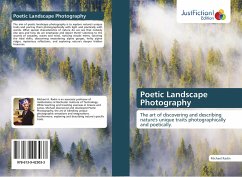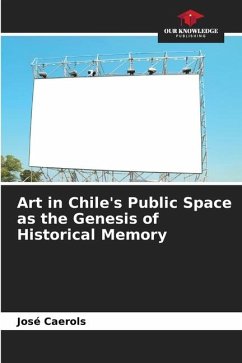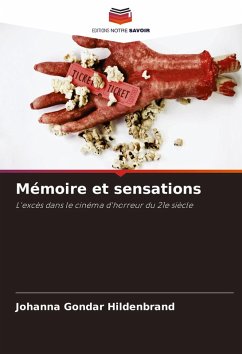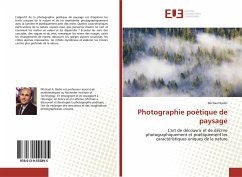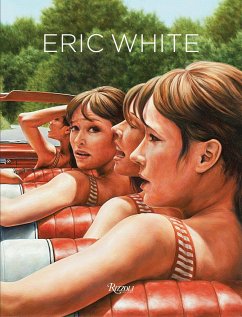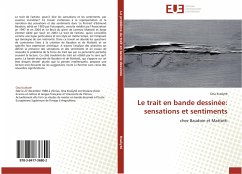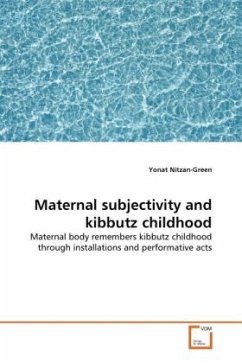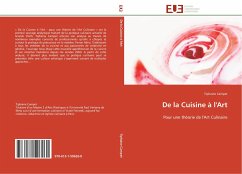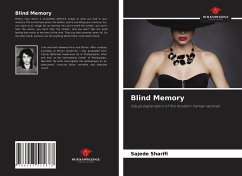
Memory and Sensations
Excess in 21st century horror cinema
Versandkostenfrei!
Versandfertig in 6-10 Tagen
24,99 €
inkl. MwSt.

PAYBACK Punkte
12 °P sammeln!
The popularisation of horror as an artistic genre is not a current phenomenon in our society. Since its emergence as a genre - through theatre, the visual arts and onto the silver screen - horror, whether through the violence of death, the pursuit of monsters or access to the world of spirits, has traversed our deepest fears and anxieties, intriguing its most diverse spectators. In this research, we will look at the relationship between the aesthetics of cinematic horror in the 21st century and the transformation of contemporary sensibility and memory, based on Walter Benjamin's studies of sho...
The popularisation of horror as an artistic genre is not a current phenomenon in our society. Since its emergence as a genre - through theatre, the visual arts and onto the silver screen - horror, whether through the violence of death, the pursuit of monsters or access to the world of spirits, has traversed our deepest fears and anxieties, intriguing its most diverse spectators. In this research, we will look at the relationship between the aesthetics of cinematic horror in the 21st century and the transformation of contemporary sensibility and memory, based on Walter Benjamin's studies of shock effects since Modernity. These transformations will affect the way subjects feel, perceive, remember and forget today. We will problematise the aesthetics of a new kind of horror cinema, which presents a greater intensity of violence than films produced in the 20th century, both in terms of content and form, as well as the relationship that is established between the viewer and the images, and the reason for viewers' progressive demand for this type of product.





